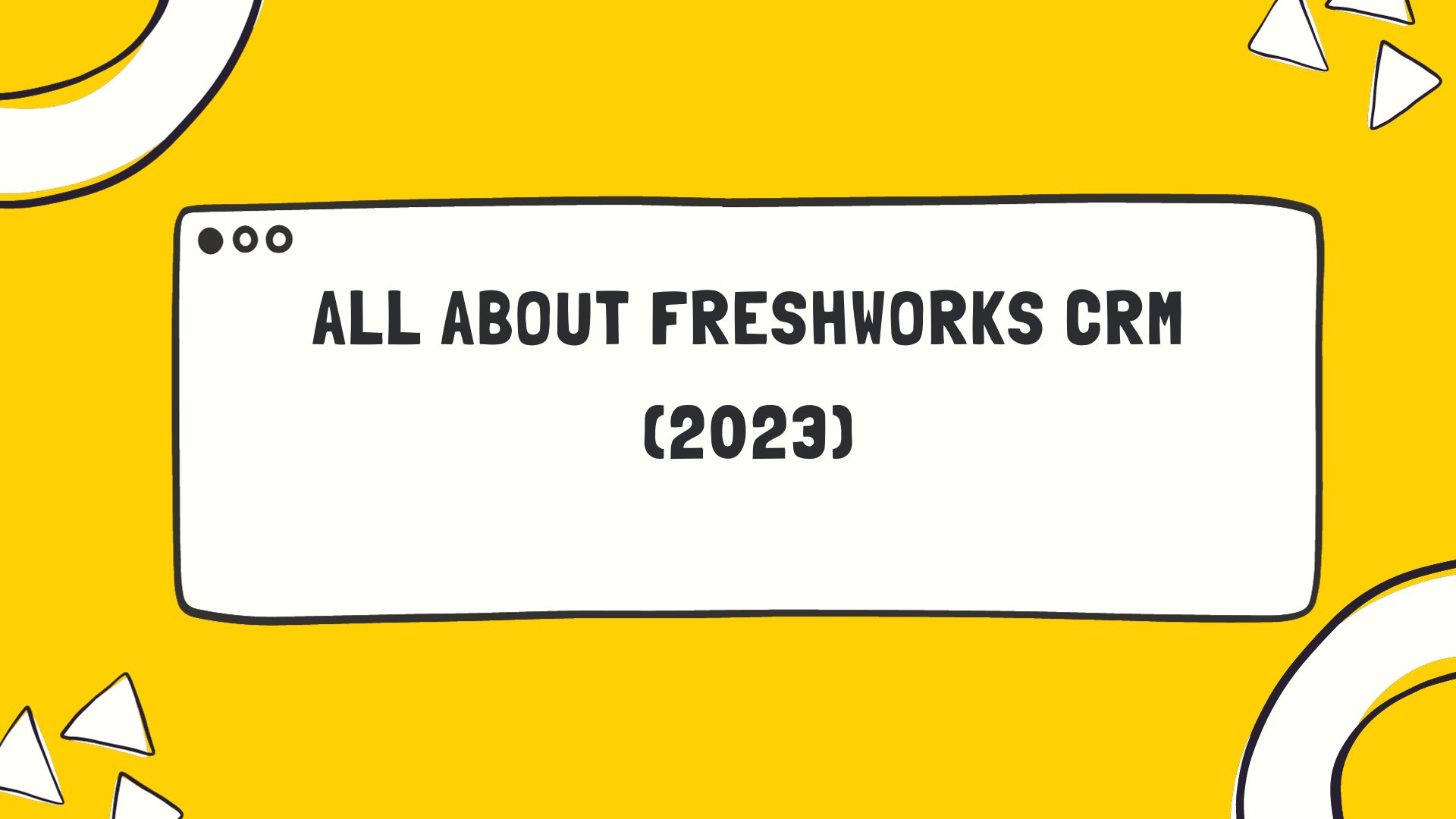Diving into the world of marketing or content creation, you might be wondering “What exactly is a copywriter?” To put it simply, a copywriter is a professional who crafts persuasive text to prompt action from readers.
This blog post will unravel the mystery behind professional copywriting, discussing everything from job descriptions and required skills to niches in the field and methods for mastering your craft.
Key Takeaways
- A copywriter is a professional who writes persuasive text to prompt action from readers in marketing and advertising.
- Copywriters specialize in crafting advertisements, website content, product descriptions, and social media posts.
- To become a copywriter, you need strong writing skills, creativity, marketing knowledge, research abilities, and communication skills.
- Copywriters can work in different niches like agency copywriting (creating ads for advertising agencies), corporate copywriting (writing for businesses), or freelance copywriting (independently working with various clients).
- Mastering the art of copywriting requires developing core skills such as excellent writing abilities, understanding marketing techniques, effective communication skills, research abilities,
Understanding the Role of a Copywriter
A copywriter is responsible for crafting persuasive and compelling written content that drives sales and communicates a brand’s message effectively to its target audience. They specialize in writing marketing materials such as advertisements, website copy, product descriptions, and social media posts.
Definition and responsibilities
A copywriter writes ads and other marketing pieces. The text is called “copy”. The goal is to get the reader to do something, like buy a product or sign up for a service. Copywriters make headlines, taglines, website content, social media posts and more.
They need to be very good at research because they must know their audience well. They use this knowledge to talk in ways that will reach the target audience effectively. Some copywriters focus on certain areas such as tech or fashion.
They often work with marketing teams to make strong ad campaigns.

Difference between copywriting and content writing
Copywriting and content writing are not the same. Copywriters write to make people do something. They may want people to buy a product or sign up for a service. The words they use must be very strong and convincing.
On the other hand, content writers provide info to readers about a topic. They need to get facts right and offer useful tips or insights.
Both jobs need good writing skills but their goals are different. A copywriter’s main goal is selling while a content writer’s aim is engaging readers with helpful, interesting information.
How to Become a Copywrite
To become a copywriter, you will need to pursue education and training, acquire the necessary skills, and build a portfolio showcasing your abilities.
Education and training
You need the right training to become a copywriter. Here are some steps you can take:
- Finish high school. It is a must – do.
- Go to college. You should pick subjects like English or marketing.
- Join writing and marketing clubs in school. This gives you good experience.
- Take a course on copywriting online or in – person. This builds your skills.
- Find a mentor in the field of copywriting. They can guide you with their experience.
- Practice writing every day to improve your skills.
Necessary skills
To become a copywriter, you need certain skills. Here are the important ones:
| Skill | Description |
|---|---|
| Writing Skills | A copywriter must have strong writing abilities, including grammar, punctuation, and sentence structure. |
| Creativity | Copywriters need to come up with unique and compelling ideas for advertisements that will grab the attention of their target audience. |
| Marketing Techniques | Understanding marketing principles and strategies is essential to create effective copy that persuades readers to take action. |
| Research Skills | Copywriters must conduct thorough research to understand their target audience’s preferences, interests, and needs. |
| Communication | Strong communication skills are necessary to effectively convey messages in a clear and concise manner. |
| Strategic Thinking | Copywriters need the ability to think strategically and align their writing with marketing goals and objectives. |
| Attention to Detail | Copywriters must pay close attention to details such as grammar, punctuation, and formatting to ensure accuracy in their work. |
| Adaptability | Adapting writing styles and tones for different brands or industries is crucial for a copywriter’s success. |
| Time Management | Timely delivery of projects is important in the fast-paced world of copywriting. |
| Collaboration | Working well with others, such as marketing teams or clients, is key in delivering successful advertising campaigns. |
Building a portfolio
To become a successful copywriter, it’s important to build a portfolio that showcases your skills and experience. Here’s how:
| How to build a portfolio | Description |
|---|---|
| Choose Your Best Work | Select samples of your writing that demonstrate your ability to craft persuasive and compelling copy. |
| Show Variety | Include examples from different industries or niches to highlight your versatility as a copywriter. |
| Create Case Studies | Provide detailed explanations of the projects you worked on, including the goals, strategies, and results achieved. |
| Get Feedback | Ask for testimonials or endorsements from clients or colleagues who can vouch for the quality of your work. |
| Be Professional | Present your portfolio in a clean and organized manner, either in digital format or as a physical portfolio. |
| Continuously Update | As you gain more experience and complete new projects, add them to your portfolio to demonstrate growth and progress. |

Exploring Different Copywriting Niches
There are various niches within the field of copywriting, including agency copywriting, corporate copywriting, and freelance copywriting.
Agency copywriting
Agency copywriting involves writing persuasive and compelling content for advertising agencies. As an agency copywriter, you will work with a team to create engaging advertisements that capture the attention of consumers.
This can include writing catchy headlines, taglines, and slogans for print ads, social media campaigns, and websites. You may also be responsible for crafting brand messaging and developing creative concepts for client campaigns.
In this role, it’s important to have strong communication skills and the ability to work collaboratively with other professionals in the agency. Agency copywriters often specialize in specific industries or niches, allowing them to develop expertise in areas such as technology or healthcare.
Corporate copywriting
Corporate copywriting is a type of copywriting that focuses on creating written content for businesses and companies. This can include writing advertisements, website content, brochures, and other materials that promote the company’s products or services.
Corporate copywriters need to have strong writing skills and an understanding of marketing techniques to effectively convey the brand’s message to their target audience. They also need to be able to adapt their writing style to match the company’s tone and voice.
Copywriters in this field often work closely with different departments within the company, such as marketing and sales teams, to ensure that their messaging aligns with the overall business goals.
Freelance copywriting
Freelance copywriting is a type of work where copywriters work independently and are not tied to any specific company or agency. Instead, they offer their services to various clients on a project basis.
As a freelancer, they have the freedom to choose the projects they want to work on and set their own rates.
In technology, freelance copywriters often specialize in writing content for websites, blogs, social media posts, product descriptions, and other marketing materials related to technology products or services.
They use their writing skills to create engaging and persuasive content that captures the attention of the target audience.
One advantage of freelance copywriting in the technology field is that it allows professionals to stay up-to-date with the latest industry trends and technologies. By working with different clients across various sectors of technology, freelancers can broaden their knowledge base and remain at the forefront of technological advancements.

Mastering the Art of Copywriting
Developing core skills, staying updated on industry trends, gaining practical experience and building a personal brand are essential steps to becoming a stellar professional copywriter.
Keep reading to learn more about how you can excel in this field.
Developing core skills
Copywriters need to develop core skills to excel in their profession. Here are some essential skills for becoming a successful copywriter:
| Skill | Description |
|---|---|
| Excellent Writing Skills | A copywriter should have strong writing skills, including grammar, spelling, and punctuation. |
| Understanding Marketing Techniques | It is important for copywriters to grasp marketing principles and techniques to create effective advertisements. |
| Communication Skills | Copywriters need to effectively communicate with clients, understand their goals, and convey messages in a clear and persuasive manner. |
| Research Abilities | Copywriters must be able to conduct thorough research on target audiences, industries, and competitors to create compelling copy. |
| Creativity | Being creative is crucial for developing unique and attention-grabbing ideas that resonate with the target audience. |
| Insight into Consumer Psychology | Copywriters should understand consumer behavior and motivations to craft persuasive messages that drive action. |
| Adaptability | The ability to adapt writing styles according to different projects and target audiences is essential for a copywriter’s success. |
| Collaboration Skills | Working closely with marketing teams and other professionals requires strong collaboration skills to deliver cohesive campaigns. |
Staying updated on industry trends
Staying updated on industry trends is crucial for copywriters in the technology field. It helps them create relevant and impactful content that resonates with their target audience. Here are some ways copywriters can stay on top of industry trends:
| Method | Description |
|---|---|
| Research | Regularly conduct research to stay informed about the latest technological advancements, innovations, and market trends. This includes reading industry publications, attending conferences, and following influential thought leaders in the technology sector. |
| Networking | Build a strong professional network within the technology industry to connect with experts and peers who can provide valuable insights into current trends. This can be done through attending industry events, joining online communities or forums, and engaging in conversations with fellow professionals. |
| Continuous Learning | Invest time in continuous learning to enhance knowledge and skills. This could involve taking online courses, participating in webinars or workshops tailored to the technology field, or pursuing certifications related to emerging technologies. |
| Following Tech News | Keep an eye on news sources that cover the technology industry by subscribing to tech blogs, newsletters, and podcasts. This enables regular updates on emerging technologies, product launches, and industry trends. |
| Analyzing Competitors | Examine what competitors are doing in terms of marketing campaigns and messaging within the technology sector to gain insights into current trends and identify opportunities to differentiate themselves. |
| Collaborating with Marketing Teams | Work closely with marketing teams to stay abreast of ongoing projects and campaigns within the organization. This collaboration ensures alignment with company goals while staying up-to-date on market trends specific to the organization’s target audience. |
Practical experience and internships
Practical experience and internships are essential for aspiring copywriters to gain valuable hands-on training and industry knowledge. Here are some key points to consider:
| Key Point | Description |
|---|---|
| Gain Real-World Experience | Practical experience allows copywriters to apply their skills and learn from experienced professionals in the field. It provides an opportunity to work on actual projects and understand the nuances of creating effective copy. |
| Internships | Securing an internship with a reputable advertising agency, marketing department, or company can provide invaluable exposure and networking opportunities. Internships help develop important skills, build professional relationships, and enhance job prospects. |
| Learn from Mentors | Working alongside experienced copywriters during internships can provide guidance, mentorship, and feedback on your work. This feedback is instrumental in honing your skills and improving as a copywriter. |
| Understand Different Industries | Through internships or practical experience, you can explore various industries or niches within copywriting. This exposure helps you understand the unique needs and requirements of different sectors, allowing you to specialize in specific areas of interest. |
| Showcase Your Work | During internships or practical experience, be proactive in building your portfolio by saving copies of your work. Having a diverse portfolio with examples from real campaigns can make a big difference when applying for future job opportunities. |
| Network with Professionals | Make the most of your practical experience by networking with professionals in the industry. Attend industry events, join relevant online communities or forums, and connect with other copywriters to expand your professional network. |
Building a personal brand
Building a personal brand is crucial for copywriters in the technology industry. It helps you stand out from the competition and attract potential clients or employers. One way to build your personal brand is by showcasing your expertise on social media platforms like LinkedIn or Twitter.
Share articles, insights, and tips related to technology and copywriting to position yourself as an authority in the field. Another important aspect of building a personal brand is having a professional website or portfolio that highlights your work and achievements.
This serves as a central hub where potential clients can learn more about you and see examples of your writing skills. Additionally, networking with other professionals in the industry through events or online communities can help expand your connections and opportunities for collaboration.
Perfecting the art of storytelling
Copywriters who excel in their field understand the importance of storytelling. They know that a compelling story can captivate the audience and make them more likely to take action.
To perfect the art of storytelling, copywriters focus on developing core skills such as creating engaging narratives, using descriptive language, and evoking emotions. They stay updated on industry trends to keep their stories fresh and relevant.
Practical experience and internships provide opportunities for copywriters to refine their storytelling abilities. Additionally, building a personal brand helps establish credibility and attracts potential clients or employers who appreciate good storytellers.
Copywriters should remember that every piece of writing is an opportunity to tell a story that resonates with the target audience. By mastering this skill, they can create persuasive and memorable content that drives results for their clients or employers.

Conclusion
In conclusion, being a copywriter is all about using words to persuade people and drive action. It requires strong writing skills, strategic thinking, and creativity. Whether working for an agency or freelancing, mastering the art of copywriting can lead to a successful career in marketing and advertising.
So, if you have a passion for writing and a knack for selling ideas, becoming a professional copywriter could be your path to success.
Frequently Asked Questions
What does a copywriter do?
A copywriter is a professional who writes persuasive and compelling content, such as advertisements, marketing materials, and website copy, to promote products or services.
How can I become a copywriter?
To become a copywriter, you can start by developing strong writing skills and studying the principles of advertising and marketing. Taking courses or pursuing a degree in communication or English can also be beneficial.
Do I need any special qualifications to be a copywriter?
While there are no specific qualifications required to become a copywriter, having excellent writing skills, creativity, and an understanding of marketing concepts will greatly contribute to your success in this field.
What makes for stellar professional copywriting?
Stellar professional copywriting involves crafting clear and concise messages that resonate with the target audience’s needs and desires. It should grab attention, create interest, build desire, and prompt action.
Where can I find job opportunities as a copywriter?
Job opportunities for copywriters can be found in advertising agencies, marketing departments of companies large and small, freelancing platforms online like Upwork or Fiverr, as well as through networking within the industry.



